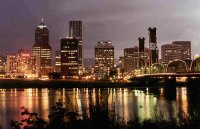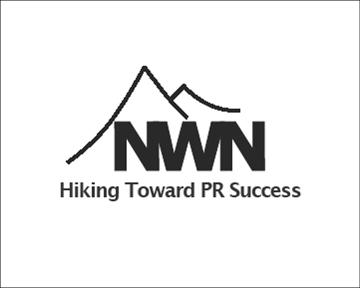
Confused about the next fork in the path to sucess? After registering and submitting your session preferences, the next step is preparation. How do you prepare for a conference? Take a look a the following tips from PRSSA JobCenter, also included on the Regional Activity Web site:
Refresh your resume
Update your resume to create a snapshot of your experience. The goal is to pique the employer's interest and generate an interview, but not get too caught up in the details. Employers generally only spend 15-30 seconds looking at a resume for the first time.
Tips:
- Keep it to one page
- Include bullets
- Leave ample white space for the reader's eyes to rest
- Include limited italics, bold words or underlines
- Have easy to understand chronology
- Emphasize action verbs and results
- Proofread for typos and grammar
Create a portfolio
Having a portfolio is the best way to promote your work and accomplishments. You don't need to include everything you've written in college, just the pieces that scream with talent. It's best to have a hard copy of your portfolio to show employers during face-to-face interviews and also an electronic copy to e-mail or post to a Web site or blog.
Tips:
- Include a writing sample. It can be something you've written for a class, but make sure you mark it as such (especially if it includes the name of a real organization).
- Include a brochure, newsletter or Web site copy that shows off your desk-top publishing and technical skills
- Include your name, address, and contact information (phone, e-mail, etc.) in the beginning
- Proofread to make sure your portfolio is free of typos and efficiently organized
- Provide a good mix of your skills and talents
Items typically found in professional portfolios include a resume, letters of recommendation, licenses or certificates, evidence of specific skills (public speaking, leadership, writing), and work samples (produced in a class or internship).
Prepare for the Portland Paddle interview
Think about what you want the interviewer to know about you, before you meet. Your responses to the interviewer's questions should reflect your ambition, motivation, dedication and integrity. The more personal and specific you get, the more you will stand out from the crowd.
Tips:
- Practice as much as possible
- Be honest and straightforward. Promote yourself and your skills without being hyperbolic.
- Dress professionally
- Be on time
- Maintain good posture
- Have a positive attitude
- Stay informed of current news and trends
- Have a focus on your assets and expectations, even if you don't know what you want to do 5 years from now
- Appear in demand and selective, but be careful not to sound over-confident
- Expect the unexpected
- Prepare questions for the interviewer(s). This displays interest and gives you the opportunity to learn if the job is right for you.
- Send a thank you letter or note, preferably via mail. Try to send it the same day as the interview.
Find out more information on cover letters, resumes, portfolios, interviews, networking, assessing your skills, or finding a job or internship at the PRSSA JobCenter Resources page.
Is there anything else you think is helpful in preparing for a conference? What is a useful tip you've learned during a job search? Leave comments here for your fellow students!




No comments:
Post a Comment